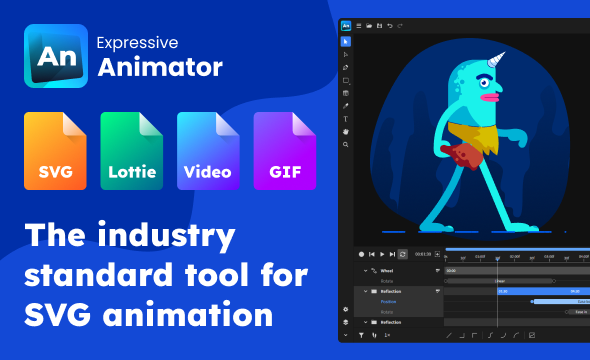Examples
Detailed examples using Opis JSON Schema
Validating form data
JsonSchema is used to validate json data, but you can also validate form data.
You just have to convert the $_POST or $_GET to a JSON decoded value
by using Opis\JsonSchema\Helper::toJSON().
use Opis\JsonSchema\{
Validator,
ValidationResult,
Errors\ErrorFormatter,
};
$schema = <<<'JSON'
{
"type": "object",
"properties": {
"name": {
"type": "string",
"minLength": 2
},
"email": {
"type": "string",
"format": "email"
}
},
"required": ["name", "email"]
}
JSON;
// assuming data is coming from $_POST
// you can also use $_GET, or a custom array
$data = Helper::toJSON($_POST);
// Create a new validator
$validator = new Validator();
$validator->setMaxErrors(10);
$validator->setStopAtFirstError(false);
/** @var ValidationResult $result */
$result = $validator->validate($data, $schema);
if ($result->isValid()) {
echo "Valid";
} else {
// Print errors
print_r((new ErrorFormatter())->format($result->error()));
}
When converting to JSON, we cannot distinguish an indexed array from an associative array when the array is empty, so you might need to manually apply a cast to object if you want the empty array to be treated as an empty object.
By default, Opis JsonSchema stops at first error, to change this behavior see max errors nd stop at first error for more details.
Custom error messages
You can add custom error messages inside schema. The schema from the above example can
be augmented with $error keyword
{
"type": "object",
"properties": {
"name": {
"type": "string",
"minLength": 2,
"$error": {
"minLength": "Name must have at least two letters",
"*": "Invalid name value"
}
},
"email": {
"type": "string",
"format": "email",
"$error": "Invalid email"
}
},
"required": ["name", "email"],
"$error": {
"required": {
"name": "The name field is mandatory",
"email": "We really need an email address"
}
}
}

